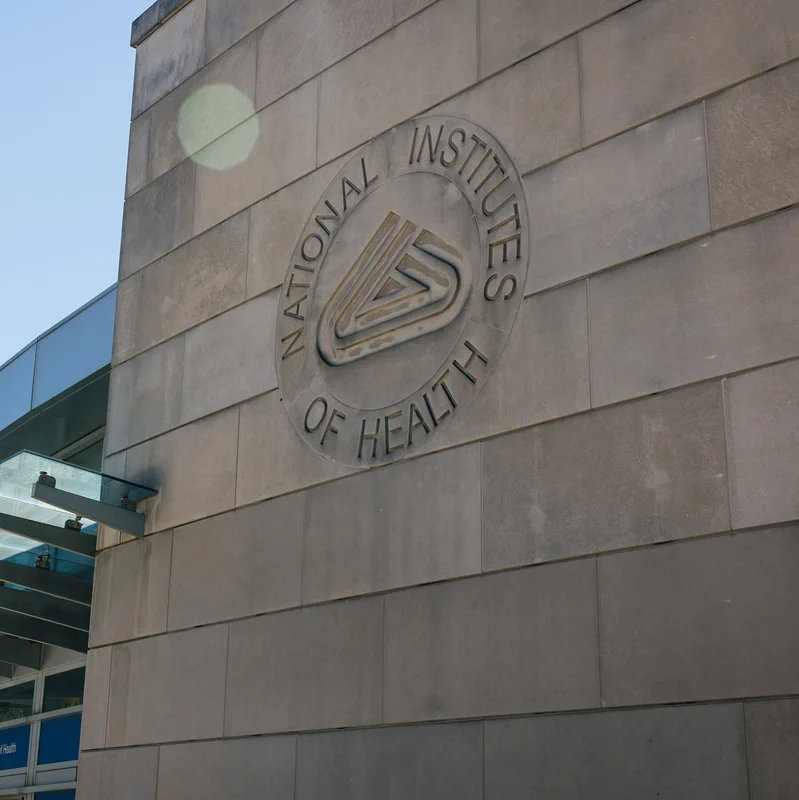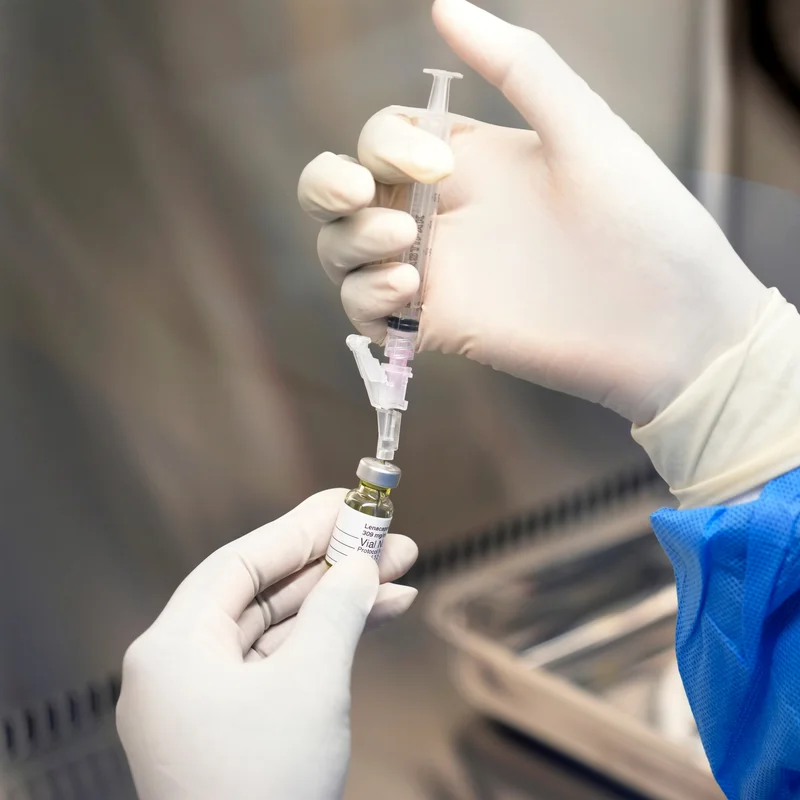In a striking contrast of policy and rhetoric, the Trump administration has awarded $50 million in National Institutes of Health (NIH) grants to 13 rigorous autism research projects—just days after President Trump made unsubstantiated claims linking autism to Tylenol and childhood vaccines . Scientists say the funded studies represent cutting-edge, evidence-based science, sharply diverging from the administration’s public messaging led by Health Secretary Robert F. Kennedy Jr.
Science vs. Rhetoric: A Growing Dissonance
At a White House briefing on September 23, 2025, President Trump warned that acetaminophen (Tylenol) and routine childhood vaccines could cause autism—a claim repeatedly debunked by decades of medical research . The remarks alarmed public health experts, especially given Kennedy’s long-standing promotion of the discredited vaccine-autism link .
Yet, simultaneously, NIH Director Dr. Jay Bhattacharya announced the recipients of the new Autism Data Science Initiative, emphasizing genetic, environmental, and socioeconomic factors—excluding any focus on vaccines . Over 250 teams applied, and awardees underwent rigorous peer review .
“To me, they come from different universes. This is all very serious, forward-looking, exciting, rigorous, gold-standard science.”
— Helen Tager-Flusberg, Boston University Center for Autism Research Excellence
Funded Projects: What the Science Explores
The selected studies prioritize data-driven approaches, leveraging large patient datasets and interdisciplinary methods. Key areas of investigation include:
- Gene-Environment Interactions: How genetics combine with pollution, nutrition, and poverty to influence autism risk.
- Early Childhood Contexts: Impact of green space, air/water quality, and early interventions on development.
- Diagnostics & Outcomes: Evolution of diagnostic criteria and predictors of improved quality of life.
- Data Privacy: Secure handling of sensitive maternal and child health records .
Selected Autism Research Projects (2025)
| Institution | Lead Researcher | Focus Area | Funding Level |
|---|---|---|---|
| Children’s Hospital of Philadelphia | Judith S. Miller, PhD | Genetic + environmental interplay | $4.2M |
| UC San Diego | Jonathan Sebat, PhD | Genetics + environmental exposures | $3.8M |
| Boston University | Helen Tager-Flusberg, PhD | Social determinants & outcomes | $3.5M |
| Columbia University | Mady Hornig, MD | Dietary & chemical exposures | $3.1M |
Controversial Initiatives Under Scrutiny
While the NIH initiative has earned cautious praise, other administration actions have raised red flags:
⚠️ Concerns in the Autism Research Community
- A CDC contract awarded to Rensselaer Polytechnic Institute to study a vaccine-autism link, despite no scientific evidence supporting it .
- David Geier, a leading anti-vaccine activist, tasked with overseeing a federal vaccine safety review .
- Earlier in 2025, widespread delays and cuts to NIH grants related to gender, diversity, and LGBTQ+ health .
Why Scientists Are Cautiously Optimistic
Experts like Dr. Alycia Halladay of the Autism Science Foundation acknowledge the tension but see promise in the NIH-funded work:
“We’re very enthusiastic… these projects will lead to important answers, no matter what question they’re looking at.”
— Alycia Halladay, Chief Science Officer, Autism Science Foundation
Dr. Judith Miller noted that while genetics explain about 80% of autism cases, they don’t predict outcomes—making environmental and social research essential for personalized care .
What Comes Next?
The success of the Autism Data Science Initiative may hinge on whether political pressure influences future funding cycles. For now, researchers are focused on delivering results while guarding against misinformation.
To learn more about evidence-based autism therapies, visit [INTERNAL_LINK:autism-treatment-options].
For official guidelines on child development and autism screening, refer to the CDC’s Autism Spectrum Disorder page.
Sources
- The New York Times: Despite False Claims, Trump Funnels Millions Into Credible Autism Research
- White House Briefing: President Trump Announces New Initiatives to Combat Autism
- National Institutes of Health: NIH Awards $50 Million to Autism Data Science Initiative
- U.S. Food and Drug Administration: Vaccines Do Not Cause Autism
- CDC: Autism Prevalence Estimates, 2025




